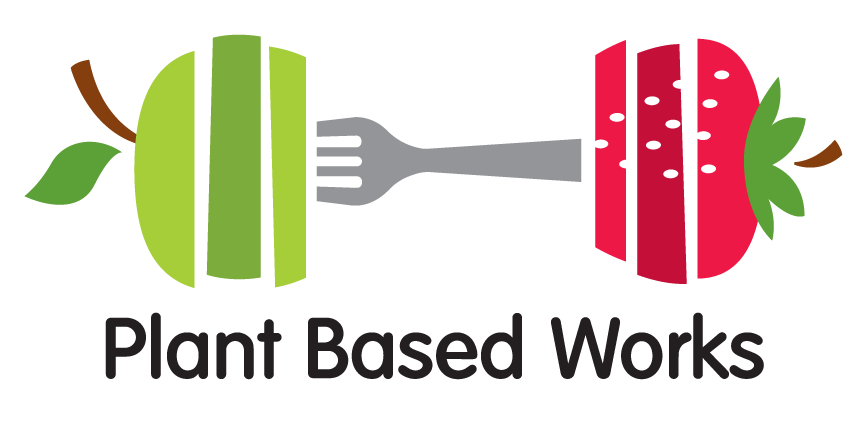FAQ
Where will I get my protein if I don’t eat meat?
In fact excess protein is a bigger problem as it can cause weight gain, constipation, dehydration, kidney damage, kidney stones, increased risk of heart disease and cancer and increased loss of calcium (osteoporosis). According to the plant-based experts a female needs about 46 g of protein a day and a male 56 g of protein a day. Dr McDougall, Dr Esselstyn, Dr T Collin Campbell all agree that you will get more than enough protein if you eat a diverse whole food plant based diet.
Plant-based sources of protein include tofu, broccoli, garbanzo beans, other beans, lentils quinoa and the list goes on. PS Do you even know anybody with a proteins deficiency?
Do I need vitamins and supplements?
Vitamin B12 is used to make red blood cells and it is necessary for nerve function. if you don’t get enough you can develop nerve damage and anemia . It can also be found in fortified plant milks and nutritional yeast .
Vitamin D is mostly made when our skin is in the sun, but most people don’t get enough . So supplementing vitamin D is often a good idea.
What about oils?
Contrary to what you hear in the media ALL plant-based doctors believe oils are harmful to your heart health. That includes all oils, olive, coconut, grape-seed, avocado, sesame, flax oil etc. See www.nutritionfacts.org for the studies or any of the books from the plant based doctors.
What equipment do I need?
• A good knife and cutting board.
• A blender or food processor.
• A nonstick pan, I really like my nonstick wok.
• An electric pressure cooker.
• Food storage bags and containers.
At first use what you have and slowly buy the things that you need as you can afford them.
Are soy products safe to eat?
Yes by soy I mean tofu, tempeh, soy milk (soy plus water not other additives) miso, edamame, soy beans. Medical studies show that soy may offer several health benefits, such as lowering the risk of certain cancers, it may even lower the risk of cancer reoccurrence. Soy may reduce the risk of fibroids, help with lowering inflammation etc. See www.nutritionfacts.org for information on soy medical studies and all other sorts of medical studies pertaining to whole food plant based eating.
I feel gassy and bloated?
Why don't you list all the studies?
Where will I get my calcium if I don’t drink milk?
In addition the cows milk is made specifically for a baby cow. It is intended to build something that weighs over 1,000 pounds. It is high in cholesterol, causes intestinal and inflammatory problems for many people. Watch Forks over Knives for the gross details.
What is the difference between whole food, whole food plant based, plant based, vegan, and vegetarian diets?
• Vegan is a political affiliation used for those advocating to stop what they believe to be animal cruelty in the food and other industries. Vegans, do not eat any animal or any animal derived products nor do they purchase other animal products such as leather and wool or beeswax. They however can eat anything processed, and still call themselves vegan. You could eat Oreos for breakfast with hash browns slathered in margarine, lunch have a “fake meat” burger, fries, vegan ice cream, and for dinner a vegan pizza. Vegan is not in of itself healthy! Vegan is an affiliation. Be careful, if you eat “vegan” it isn’t exactly healthy. Note however a vegan can eat a WFPB diet.
• Vegetarian are individuals that typically don’t eat meat, fish, poultry but still consume milk, eggs and cheese. They also can eat highly processed foods and can still be vegetarian.
Click here to see a chart
Do I need to buy organic?
No. Buy what you can afford. Buy frozen and canned to save money. But if you are worried, the dirty dozen found on ewg.org are the ones you want to buy organic (if you can afford it). The clean fifteen don’t matter.
What weird ingredients do I need?
What books should I buy?
Gosh I have them all. I would recommend the following books:
“How Not to Die” by Dr. Michael Greger
“The Starch Solution” by Dr. McDougall
“Eat to Live” by Dr. Fuhrman
And then depending on what your problem is I would suggest you get a book specializing in say: heart disease or diabetes or gastrointestinal problems.
For a quick intro watch the movie Forks Over Knives and Eating You Alive.
